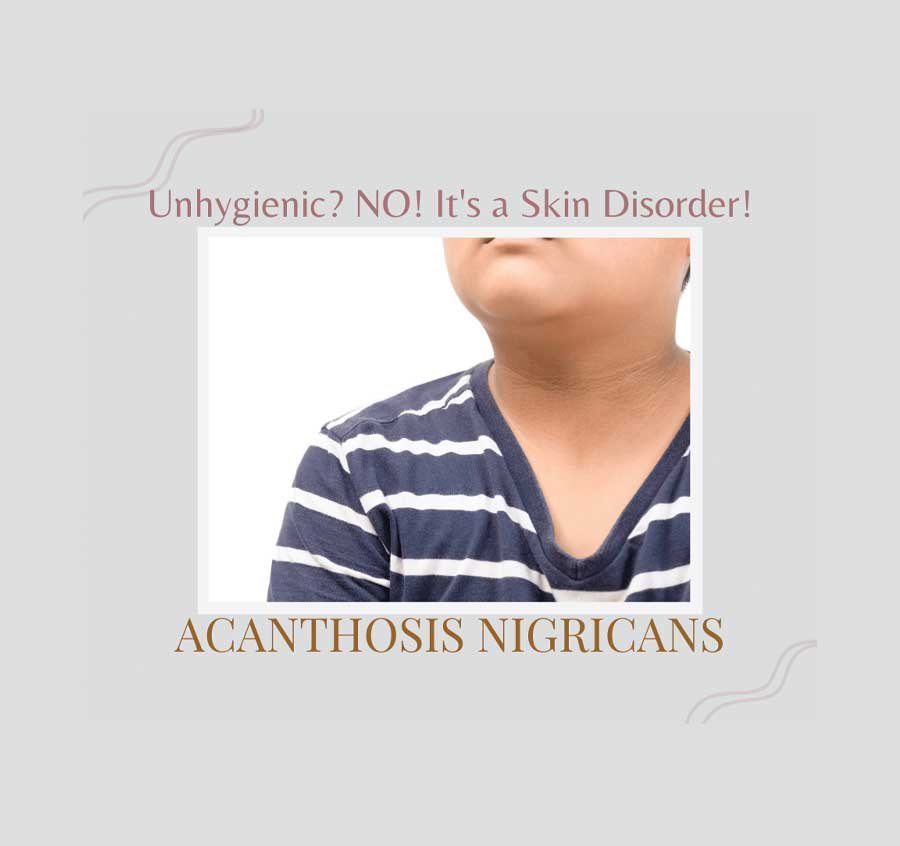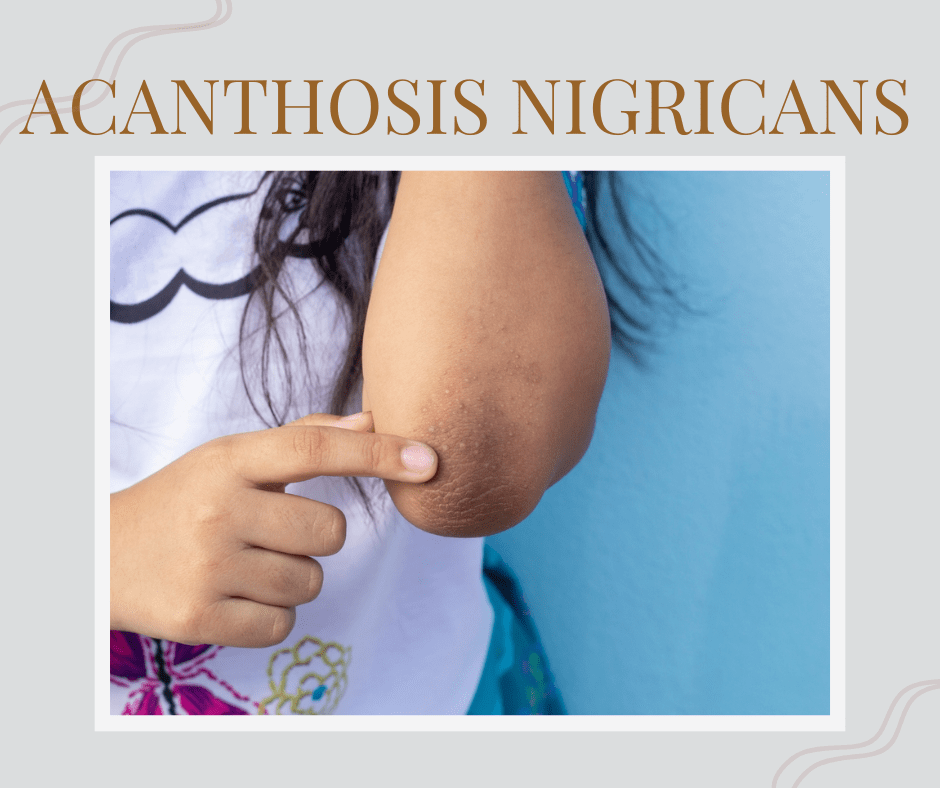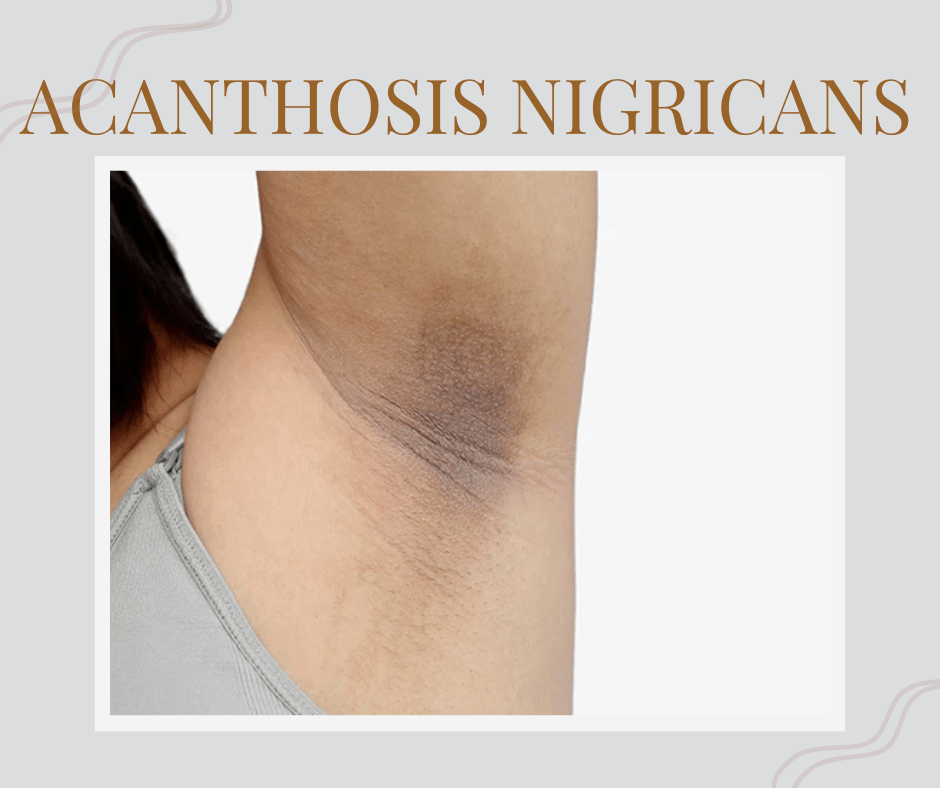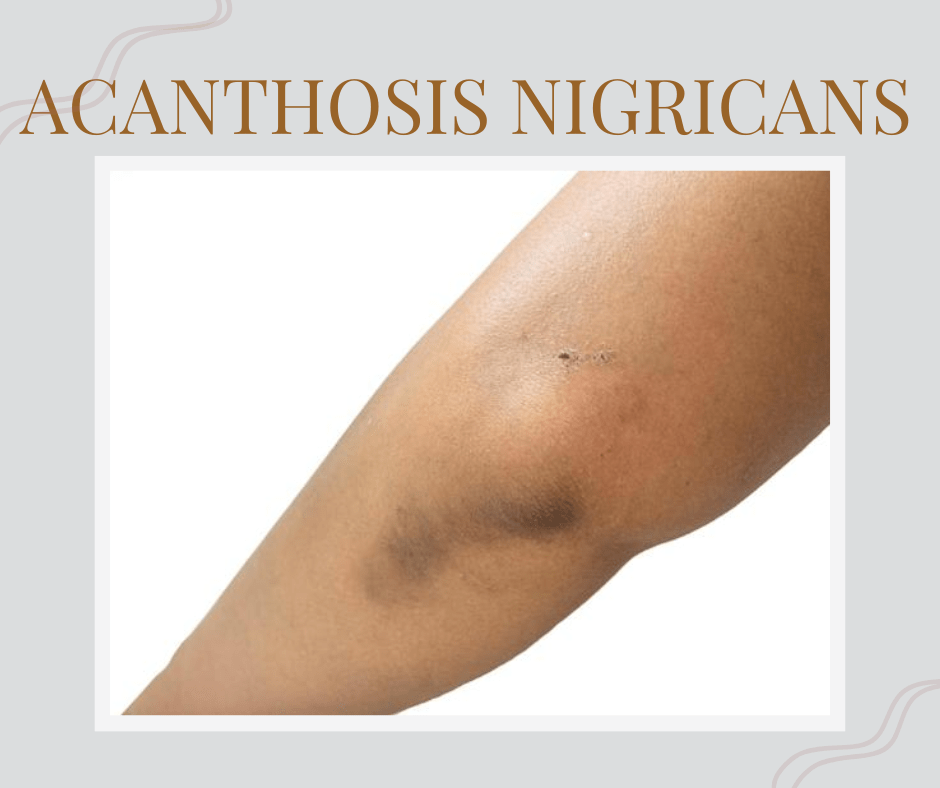Acanthosis Nigricans: Unhygienic? No! It’s a Skin Disorder

Have you seen someone having a dark-colored neck or armpits? One way or another there are people out there who would consider these individuals unhygienic. However, in most cases, hygiene is not the problem in the first place. The darkening of one’s skin can be a sign of a skin disorder called Acanthosis Nigricans (AN) which appears in individuals more commonly than we think.
What is Acanthosis Nigricans?
According to Cleaveland Clinic, Acanthosis Nigricans is a skin condition characterized by light-brown to black velvety texture-like spots. The affected areas experience abnormally increased coloration (hyperpigmentation) and thickening of the skin (hyperkeratosis). Itching and odor may occur in these areas as well.

Studies show (Healthline) that in most cases, the skin condition appears in the following parts of the body:
- Armpits
- Neck
- Groin
- Elbows
- Lips
- Underneath Breast
- Knees
- Knuckles and/or palms of the hands
- Other creases and folds in the body
One might have the urge to scrub the affected areas to remove the dark spots, unfortunately, simply washing won’t remove Acanthosis Nigricans. The condition itself is not harmful. However, this may be a sign of an underlying condition that might require immediate treatment.
What causes Acanthosis Nigricans?

Anyone can be susceptible to the skin disorder. Having said that, people with the following condition and circumstances are more likely to develop AN:
- Excess Weight / Obesity
- Type II Diabetes
- Endocrine (glandular) Disorder
- Hypothyroidism (low levels of thyroid hormone)
- Taking certain types of medicine – oral contraceptives, steroids, other hormone treatments, injected supplementary insulin, etc
- People with darker skin tone
- Native American, African, Caribbean, or Hispanic Descent
- Rarely, family history; faulty gene inherited from parents
- Rarely, Cancer
While AN might not be entirely harmful on its own, it is advisable to schedule an appointment with your General Practitioner (GP) or Dermatologist to identify if AN was a result of a more serious underlying illness.
How to Treat Acanthosis Nigricans?
There is no specific medical treatment for the dark spots themselves, whereas, improving their appearance is possible. A dermatologist can prescribe oral acne medications, skin lighteners, or suggest laser treatments. It’s important to note that these medications and treatments won’t completely remove the skin discoloration without solving the root of the problem.

According to the Rare Diseases database, the treatment of AN is directed toward the specific symptoms that are apparent in each individual. Thus, this may be treated by managing the underlying disorder or causative condition. If the patient’s Acanthosis Nigricans is diagnosed by the GP as related to obesity, they may recommend losing weight and/or diet management. If AN is caused or linked to taking oral medications, removal of these medications can be the answer.
Acanthosis Nigricans is not entirely harmful on its own however, some might consider this as insecurities and seek professional help. One needs to understand that people experiencing AN are not simply unhygienic individuals, these people may have been suffering other illnesses that need medical attention. It is in our best effort to support these people instead of looking at them with judging eyes.
Cristine Joy is a broadcasting major with a deep passion and obsession for reading and writing. She's the type of person that would lie to herself saying "one last chapter is all I need for a good night's sleep" then proceeds to finish the whole story until dawn. Her tenacity is what makes her believe that writing is not simply just a talent, rather it's a skill that one can continuously improve upon practice.





